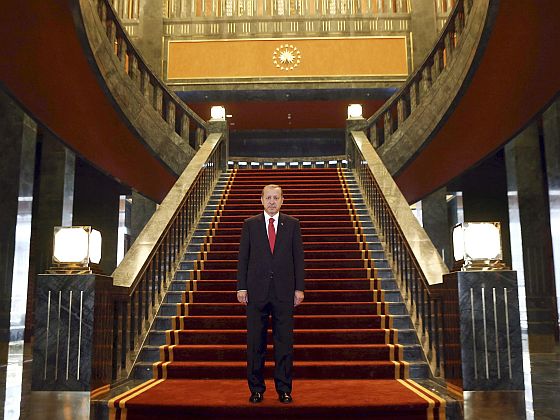Daniel Blatman writes: Quite a few states in the 20th century passed, or tried to pass, nationality laws, through efforts that share certain similarities. All took place in countries with at least one national minority (sometimes more than one) that sought full equality in the state or in a territory that had become part of the state and in which it had lived for generations.
Nationality laws were passed in societies that felt threatened by these minorities’ aspirations of integration and demands for equality, resulting in regimes that turned xenophobia into major tropes.
Nationality laws were passed in states that were grounded in one ethnic identity, defined in contrast to the identity of the other, leading to persecution of and codified discrimination against minorities. Jews were the first victims of these regimes, in which phobias and suspicion replaced the principles of social and political pluralism.
In 1937, the Polish economist Olgierd Górka wrote that the Polish state was an economic asset whose legal owners could do as they pleased with it. Decisions on national issues were thus similar to the choices made by a factory owner. The state belonged to the major group that shaped its essence and spirit, and which exercised its ownership of it — the ethnic Poles. Polish Catholicism gave the Poles the right to own the national asset known as the Polish state.
Knesset member Yariv Levin’s explanations of his nationality bill suggests that he is following Górka’s path. According to Levin, the state’s Jewish expressions reflect the fact that Israel is not only the Jews’ nation-state, but also a state whose very lifeblood is Judaism — a situation that is unique in all the world. A unique situation in the Western, democratic world, but it has a historical precedent in the Poles’ attempt to create a state that pushed its minorities out of the national partnership.
Romania, too — a state with many minorities, including a large Jewish one — was gripped by a fervor to be defined as the Romania nation-state.
In an essay, the national historian Constantin Giurescu wrote that the ideal of the resurgent Romanian nation was to ensure the optimal development of the most eminent population group, the Romanians. The Romanian nation-state must advance the dominant ethnic group, he wrote, while the minorities were a “problem” that should be seen as “guest groups” or groups under the protection of the true citizens. He did not specify the rights that would be granted to such groups.
Romania’s policy toward minorities became clearer after Ion Antonescu came to power. During World War II it went from attempting an “ethnic cleansing” of the Bulgarians to the expulsion and annihilation of the Jews and the Roma, also known as Gypsies. But few believed the debate over nationality laws in the interwar period would end in an effort to solve the nationality question by purging the nation of its minorities. [Continue reading…]


